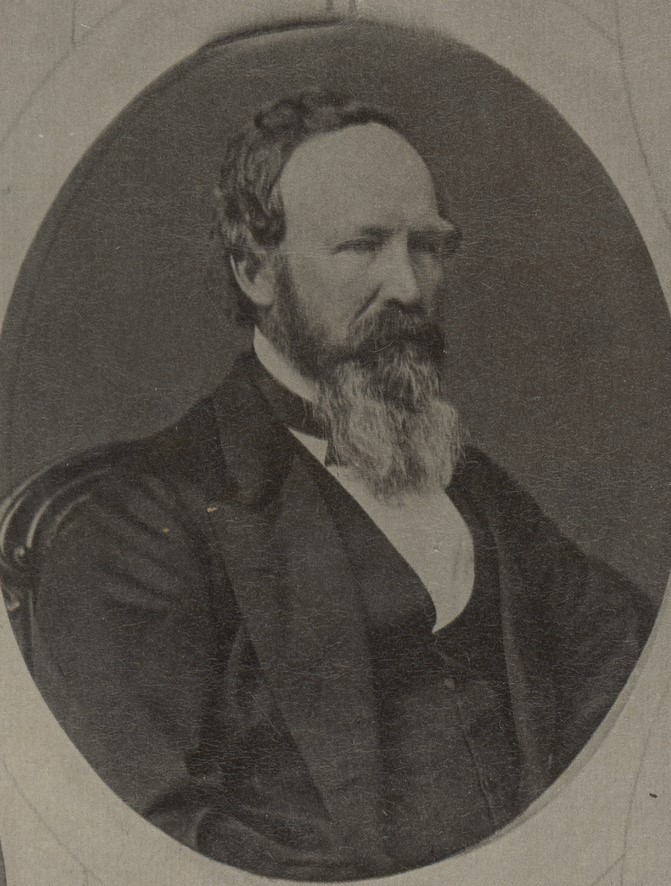John Carr (Australian Politician, Born 1819) on:
[Wikipedia]
[Google]
[Amazon]
 John Carr (21 September 1819 – 10 February 1913) was a politician in colonial
John Carr (21 September 1819 – 10 February 1913) was a politician in colonial
 John Carr (21 September 1819 – 10 February 1913) was a politician in colonial
John Carr (21 September 1819 – 10 February 1913) was a politician in colonial South Australia
South Australia (commonly abbreviated as SA) is a state in the southern central part of Australia. It covers some of the most arid parts of the country. With a total land area of , it is the fourth-largest of Australia's states and territories ...
.
History
Carr was born atConisbrough
Conisbrough () is a town within the City of Doncaster, in South Yorkshire, England. It is roughly midway between Doncaster and Rotherham, and is built alongside the River Don at . It has a ward population (Conisbrough and Denaby) of 14,333.
...
, Yorkshire
Yorkshire ( ; abbreviated Yorks), formally known as the County of York, is a historic county in northern England and by far the largest in the United Kingdom. Because of its large area in comparison with other English counties, functions have ...
, a son of William Carr, who had a small farm at Styrrup from Doncaster
Doncaster (, ) is a city in South Yorkshire, England. Named after the River Don, it is the administrative centre of the larger City of Doncaster. It is the second largest settlement in South Yorkshire after Sheffield. Doncaster is situated in ...
, and was educated at Tickhill in that county, and worked on his father's farm. He emigrated to Australia in 1862 on the ''Merchant Prince'', which brought him to Melbourne, and thence to Adelaide on the ''Admella'', arriving on 17 July 1859 (a month later the ''Admella'' was wrecked with tragic consequences). He purchased at Dashwood's Gully, where he grew wheat and ran dairy cattle for 20 years, then sold up to live at Blackwood. Seventeen years later he took up on the Nullarbor Plain
The Nullarbor Plain ( ; Latin: feminine of , 'no', and , 'tree') is part of the area of flat, almost treeless, arid or semi-arid country of southern Australia, located on the Great Australian Bight coast with the Great Victoria Desert to its ...
with Capt. Delissa and several others. They sold up later at a small profit, and Carr moved to Port Adelaide, where he served on the boards of several companies, and local chairman of the Corporation of South Australian Copper Mines. He was for several years chairman of the District Council of Onkaparinga.
Politics
He was a candidate for one of the two Noarlunga seats in theSouth Australian House of Assembly
The House of Assembly, or lower house, is one of the two chambers of the Parliament of South Australia. The other is the South Australian Legislative Council, Legislative Council. It sits in Parliament House, Adelaide, Parliament House in the st ...
in 1865, and came second ( John Colton 348, John Carr 303, William Trimmer 261) but due to a technicality, votes cast at Happy Valley could not be included, putting Carr in third place. Trimmer resigned immediately on taking his seat in favour of Carr, who represented Noarlunga until December 1879, and subsequently sat for Onkaparinga from April 1881 until April 1884. He was Commissioner of Public Works in the John Hart Ministry from May 1870 to November 1871; and from the latter date till January 1872 in the Government of Arthur Blyth. He was Commissioner of Crown Lands under John Colton's Premiership, from June 1876 to October 1877. In the next year he received the Queen's permission to bear the title of "Honourable" within the colony.
Other interests
He was a very active worker for the Methodist Church, and was involved with the congregations of Clarendon, Kangarilla, Meadows, Blackwood, Ironbank, Upper Sturt, Aldgate and elsewhere, and represented Clarendon in the Methodist Conference. He was active in the cause oftotal abstinence
Teetotalism is the practice or promotion of total personal abstinence from the psychoactive drug alcohol, specifically in alcoholic drinks. A person who practices (and possibly advocates) teetotalism is called a teetotaler or teetotaller, or is ...
.
Family
He was married to Anna (ca.1823 – 7 March 1891) and married again, to the widow Jane Hilditch (ca.1837 – January 1911) on 14 October 1891. Their last homes were at Boyle Street, Prospect and Blackwood. He appears to have had no children.References
, - , - , - {{DEFAULTSORT:Carr, John 1819 births 1913 deaths Members of the South Australian House of Assembly